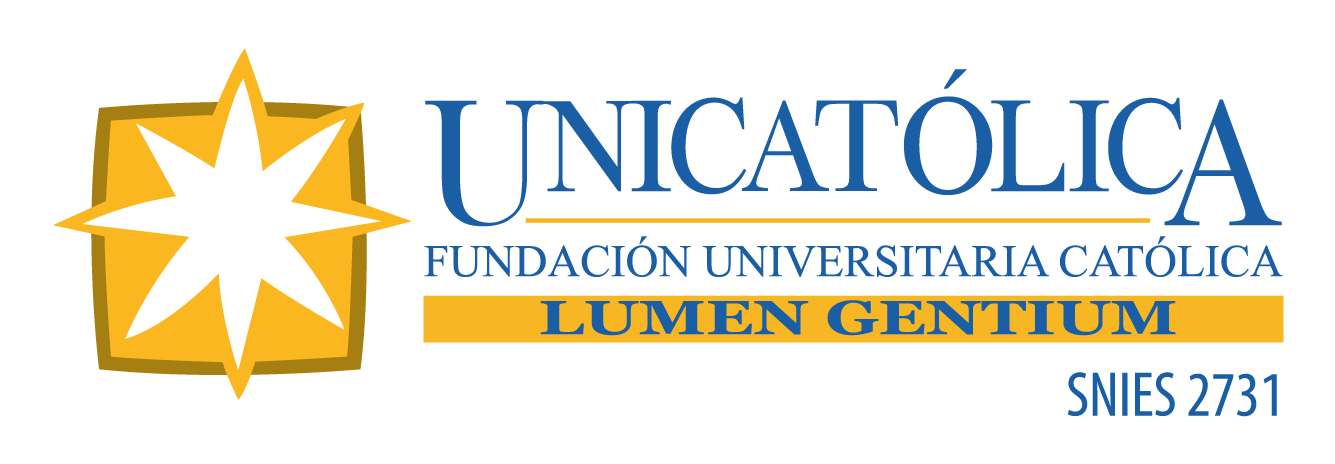Mostrar el registro sencillo del ítem
Metodologías ágiles para el desarrollo de proyectos
| dc.contributor.advisor | Calderón, Jaime Hernán | |
| dc.creator | Gómez Gutiérrez, Elizabeth | |
| dc.creator | Marcillo Guevara, Marla Marcela | |
| dc.creator | Ramírez López, Nicolás | |
| dc.date.accessioned | 2021-04-21T00:29:58Z | |
| dc.date.available | 2021-04-21T00:29:58Z | |
| dc.date.created | 2020 | |
| dc.identifier.uri | http://hdl.handle.net/20.500.12237/2038 | |
| dc.description | La modernidad, los cambios y la innovación han llevado a generar cambios rápidos en las personas del mundo entero, de la mano de la tecnología logrando obtener beneficios y respuestas a necesidades y expectativas casi en tiempo real, sin dar paso a equivocaciones o espera a soluciones que pueden tardar algún tiempo, aplicando lo anterior para cualquier empresa o proyecto. Es por ello que aparecen las metodologías ágiles; siendo aquellas las que permiten adaptar la manera de trabajar a las condiciones de un proceso o proyecto, consiguiendo flexibilidad e inmediatez en la respuesta para amoldar su desarrollo a las circunstancias específicas del entorno. Adicional a ello, dentro de las metodologías para evaluar proyectos que tienen como objetivo cuantificar la efectividad y el impacto ya sea positivo o negativo de este, se encuentran herramientas como: 1) el documento Manifiesto Ágil, 2) Scrum, LeSS y SAFe, 3) Kanban para proyectos y 4) Lean para proyectos. Gracias a estas herramientas se puede conocer, estudiar y evaluar la gestión de proyectos con la aplicación en cualquier campo. Para concluir, actualmente existen numerosos estándares y buenas prácticas demostradas que son fundamentales en la ejecución de un proyecto; Por tal razón, es primordial que las organizaciones sin importar su tamaño realicen esfuerzos y destinen recursos para alinearse a estas metodologías, con el fin de asegurar el éxito de sus proyectos. | spa |
| dc.description.abstract | Modernity, changes and innovation have led to rapid changes in people around the world, hand in hand with technology achieving benefits and responses to needs and expectations almost in real time, without giving way to mistakes or waiting for solutions that may take some time, applying the above for any company or project. That is why agile methodologies appear; being those that allow adapting the way of working to the conditions of a process or project, achieving flexibility and immediacy in the response to adapt its development to the specific circumstances of the environment. In addition to this, within the methodological phases to evaluate projects that aim to quantify the effectiveness and impact, whether positive or negative, are: 1) the Agile Manifesto document, 2) Scrum, LeSS and SAFe, 3) Kanban for projects and 4) Lean for projects. Thanks to these tools, you can know, study and evaluate project management with the application in any field. To conclude, there are currently numerous standards and proven good practices that are essential in the 3 execution of a project; for this reason, it is essential that organizations, regardless of their size, make efforts and allocate resources to align with these methodologies, in order to ensure the success of their projects. | spa |
| dc.format.mimetype | application/pdf | spa |
| dc.subject | Metodología ágil | spa |
| dc.subject | Dirección de proyectos | spa |
| dc.title | Metodologías ágiles para el desarrollo de proyectos | spa |
| dc.subject.subjectenglish | Agile methodology | spa |
| dc.subject.subjectenglish | Project management | spa |
| dc.rights.accessRights | info:eu-repo/semantics/openAccess | spa |
| dc.creator.degree | Administrador de empresas | spa |

